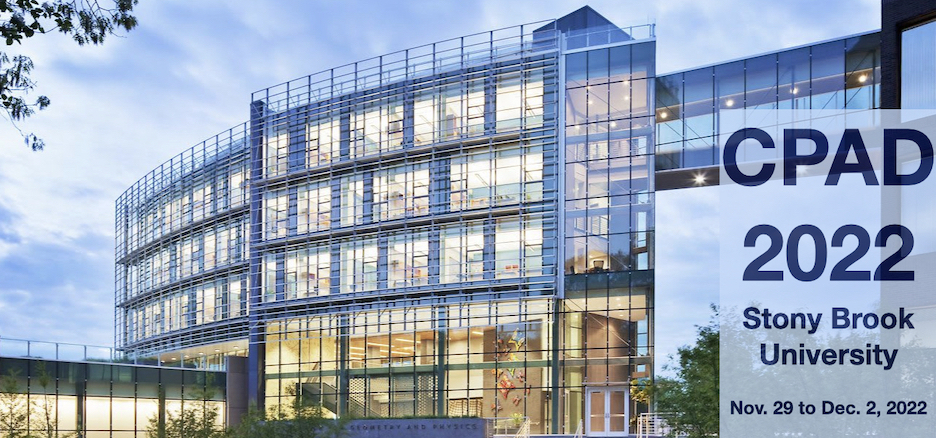Speaker
Description
Non-destructive readout capability of the Skipper Charge Coupled Device (CCD) has been proven to be a powerful technique to reduce the noise limitation of conventional silicon devices even to levels that allow single-photon or single-electron counting. The noise reduction is achieved by spending extra time taking several measurements of the same pixel charge. The technique requires minimal modification in its design in the output stage, so other good advantages of the CCDs such as the extremely low leakage current, large pixel size, and transfer efficiency are conserves. These features have motivated its use as a particle detector for experiments for faint signals such as the direct detection of galactic light dark matter, reactor neutrinos, etc. However, its ultimate performance and its use for other applications like astronomy and quantum imaging are still limited by the long readout time due to the successive measurements of each pixel. In recent years, Fermilab has persuaded the development of strategies to fasten the readout time of the Skipper sensors for the construction of new astronomical and quantum imaging instruments. In this talk, I will present the new experimental results with a faster readout obtained with new sensors together with a novel readout technique called Smart Skipper that allows selective readout based on the desired signal-to-noise ratio for each pixel. As part of the talk, I will also present the main experimental goals motivating these developments.

